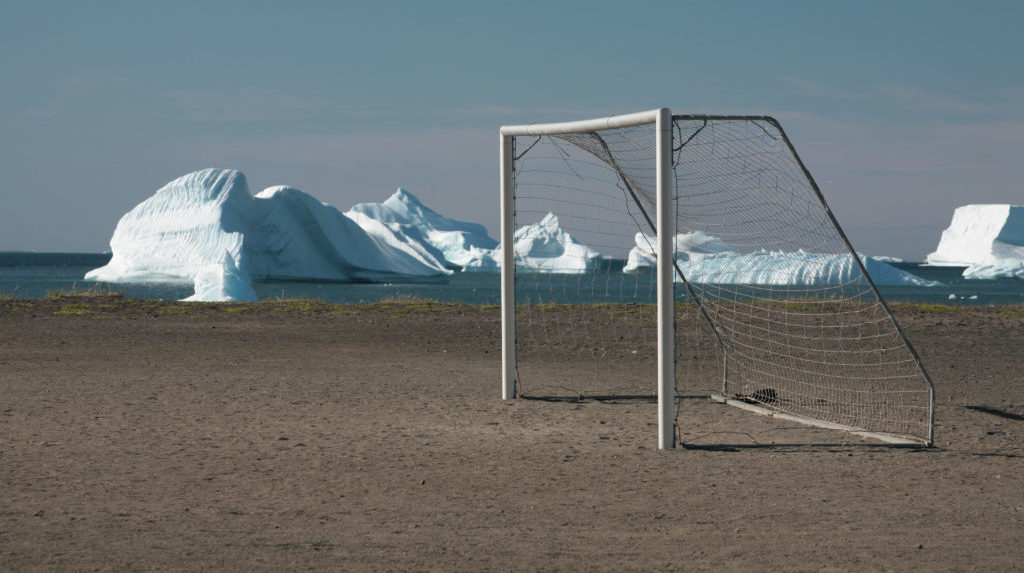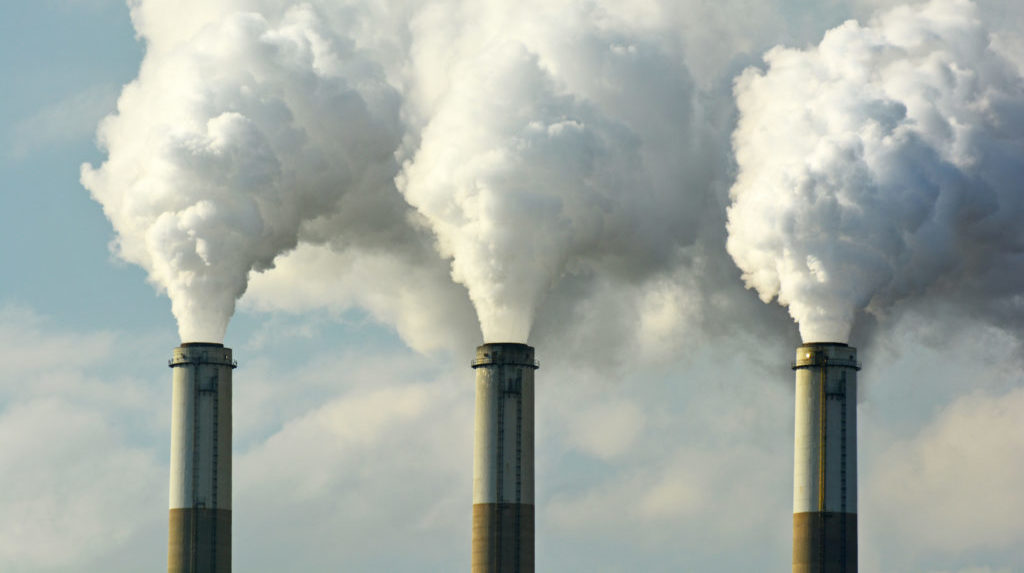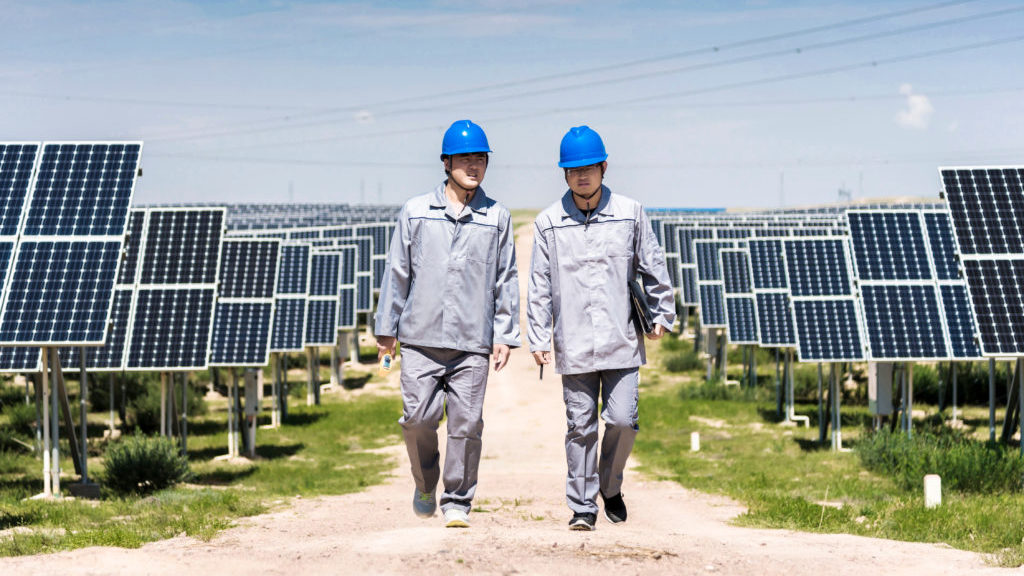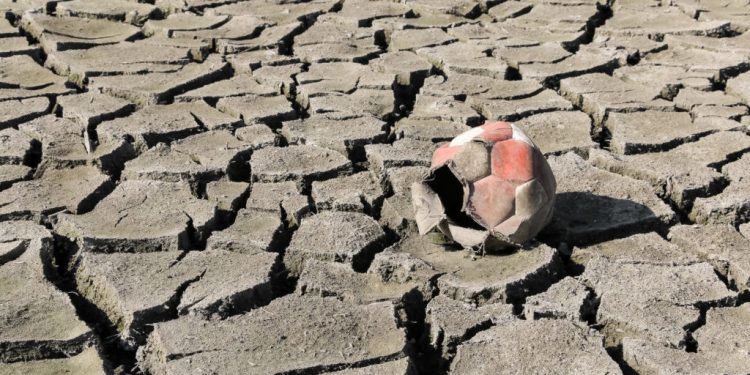Climate change – these two words mean very little or nothing at all to many of us.
But should they mean something?
Well to laymen like us, caring about climate change is like watching a football match.
Many of us feel like spectators at the sidelines of the stadium. We participate in the only way we know how – by cheering for our team, with the results being entirely out of our hands.
The thing is, our team – our planet – is losing the game. The climate is changing, and the world is getting warmer.
The Brutal Reality
According to the United Nations, the average global temperature has increased by 0.85 degrees Celsius in the last century.
It may not seem like a lot but let’s consider how climatologist James Hansen puts it in his Ted Talk presentation.
The current rate of temperature increase in global warming is “equivalent to exploding 400,000 Hiroshima atomic bombs per day, 365 days a year. That’s how much extra [heat] energy Earth is gaining each day,” he said.
And as a result, weather patterns will be disrupted, and it will be harder to grow food due to increased droughts.
The heat from global warming in the long-term will melt polar ice caps, which will raise sea levels at an unprecedented rate.
It’s already happening. Just catch the news.
Worst case scenario – we will be facing a total rise in sea level of between 80 to 160 feet should carbon emissions go unchecked, and polar ice caps melt completely.
This won’t likely happen in our lifetime, but that can’t be said for the generation after our children’s.
Sea levels are already rising today. Now the question is, how long would it take before major cities like Singapore become submerged underwater? #getyourdivinggearready

Change in Tactics
The planet has never faced an issue as massive and as trans-international as climate change. And Singapore has always been in the starting lineup to slow down the rate of climate change and global warming.
For some years now, the National Environment Agency has been actively coming up with social campaigns like Clean & Green Singapore and Energy Efficient Singapore.
In June last year, the nation reaffirmed its commitment to the Paris Agreement on Climate Change and its pledge to reduce carbon emission intensity by 36 per cent from 2005 and stabilise emissions by 2030.
It was also during that time that the Government announced that it would be putting a price tag on carbon emissions. Doing so would be the most efficient way of meeting its obligations under the global accord signed in 2015, according to the Singapore Environment Council.
As we now know, this price tag has come in the form of the carbon tax for both companies and households.

Change in Industries
Many countries are trying to transition carbon-dependent industries like traditional manufacturing and oil and gas to greener industries like wind, solar, water and fuel cell.
Singapore is also the solar hub for Asia, with over 50 international and local solar companies across manufacturing, project development and financing.
There is currently also a focus on creating green jobs for workers.
Singapore, for example, now has jobs such as urban green designing and energy systems engineering.
The International Labour Organization (ILO) defines these green jobs as environmentally friendly ones in traditional sectors like waste management, or new industries like solar energy.
And these jobs must aim to build and sustain a green economy and contribute to the preservation of the environment.
But what happens to workers in non-green jobs?
Traditional jobs such as those in construction and power need to change by using environmentally friendly technology, said Henry Cunningham, a programme manager at the ILO’s International Training Centre.
“There needs to be a transition for them, and it needs to be a fair one. If you’re a worker in a power station, which is heavily dependent on carbon fuel, then it is unlikely you will have a job for life because the general direction is to remove excess carbon from the environment. For these workers, there needs to be retraining and reskilling to make the transition just and fair,” he said.
To attract ordinary people like you and me to these new jobs, they must be made available in mainstream society, believes Mr Cunningham.
“We have to make sure that ordinary people can compete for these jobs and feel like they are a part of a new green economy that’s emerging. People need to be motivated to move towards a new green economy,” he explained.

What about Us?
In short, where there are challenges, there are opportunities. However, a green economy won’t and can’t happen overnight.
It starts with you and me – the ordinary folk, the spectators in the stands. We can be playing for the team if we want, even if we’re not in the green sector.
Use less water, take public transport, cut down on smoking, turn off the lights when we’re not using them or heck, bring our own bag when we’re out grocery shopping.
The less carbon footprint we create, the higher our chances are of winning the match for our team. And the ultimate trophy – a brighter, greener future for us all.
Main Photo: Martin Stiavnicky/shutterstock.com

